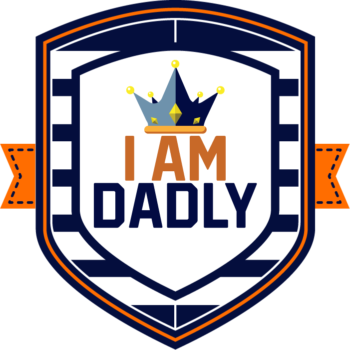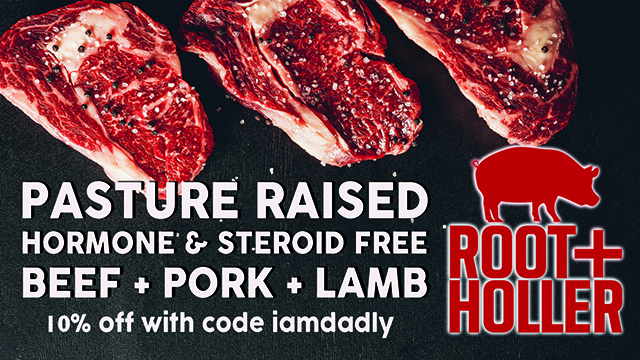Declare
Your behaviors are a reflection of your identity.

Here is today’s Game and what’s going on.
Here is what I discovered today in our Dadly Daily Declaration readings from the first part of Chapter 2 of Atomic Habits by James Clear. The title of this chapter is “How Your Habits Shape Your Identity.”
Here are a few highlights from today’s readings:
- Few things can have a more powerful impact on your life than improving your daily habits. Yet, it is likely that this time next year, you will be doing the same thing rather than something better.
- Changing our habits is challenging for 2 reasons: (1) we try to change the wrong thing; and (2) we try to change our habits in the wrong way.
- There are three levels at which change can occurs:
- 1st Layer: Changing Your Outcomes. This level is concerned with changing your results (i.e. losing weight, publishing a book, etc). Most goals you set are associated with the level of change
- 2nd Layer: Changing Your Process. This level is concerned with changing your habits and systems: implementing a new routine at the gym, developing a meditation practice. Most of the habits you build are associated with this level.
- 3rd Layer: Changing Your Identity. This level is concerned with changing your beliefs, such as your worldview, your self-image, your judgments about yourself and others. Most of your beliefs, assumptions, and biases are associated with this level.
- Outcomes are about what you get. Processes are about what you do. Identity is about what you believe.
- Many people begin the process of changing habits by focusing on what they want to achieve. This leads to outcome-based habits. The alternative is to build identity-based habits. With this approach, you start by focusing on who you wish to become.
- When setting out to improve, most people don’t consider identity change. They don’t consider their beliefs driving their actions when setting goals and determining actions. They never shift the way they look at themselves. They don’t realize their old identity can sabotage their new plans for change.
- Behind every system of actions are a system of beliefs, an identity behind the habits.
- Behavior incongruent with the self will not last. You may have a new goal and a new plan, but you haven’t changed who you are.
- The ultimate form of intrinsic motivation is when a habit becomes part of your identity. It’s one thing to say I’m the type of person who wants this. It’s something very different to say I’m the type of person who is this.
- The more pride you have in a particular aspect of your identity, the more motivated you will be to maintain the habits associated with it. Once your pride gets involved, you’ll fight tooth and nail to maintain your habits.
- True behavior change is identity change. You might start a habit because of motivation; but the only reason you will stick with one is that it becomes part offer identity.
- You must shift the belief behind the behavior for the behavior to stick. Improvements are only temporary until they become part of who you are.
- Your behaviors are usually a reflection of your identity. What you do is an indication of the type of person you believe that you are — either consciously or nonconsciously. When your behavior and your identity are fully aligned, you are no longer pursuing behavior change. You are simply acting like the type of person you already believe yourself to be.
- When you have repeated a story to yourself for years, it is easy to slide into these mental grooves and accept them as fact. There becomes internal pressure to maintain your self-image and behave in a way that is consistent with your beliefs. You find whatever way you can to avoid contradicting yourself.
- The more deeply a thought or action is tied to your identity, the more difficult it is to change it. The biggest barrier to positive change at any level is identity conflict.
Those gems lead us to today’s Dadly Daily Declaration:
The real reason you fail to stick with habits is that your self-image gets in the way. Progress requires unlearning. Becoming the best version of yourself requires you to continuously edit your beliefs, and to upgrade and expand your identity.



